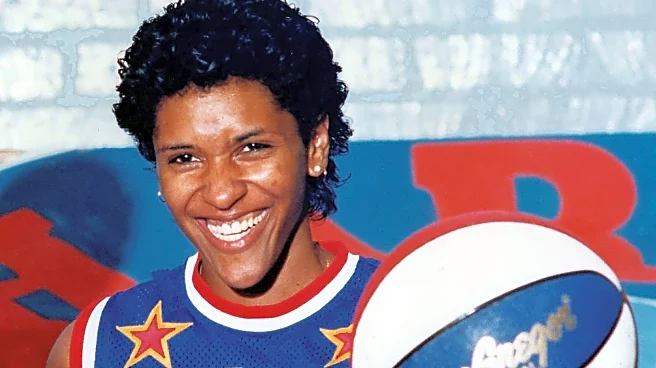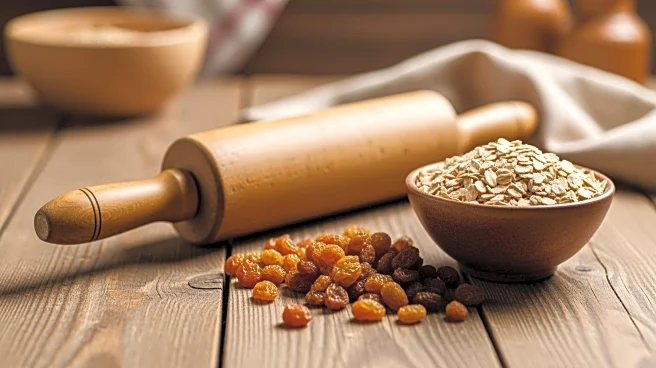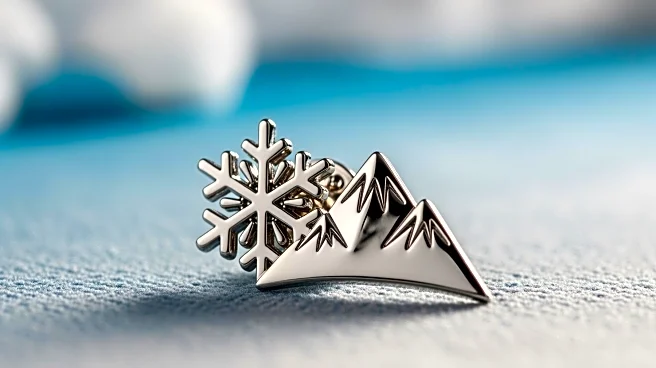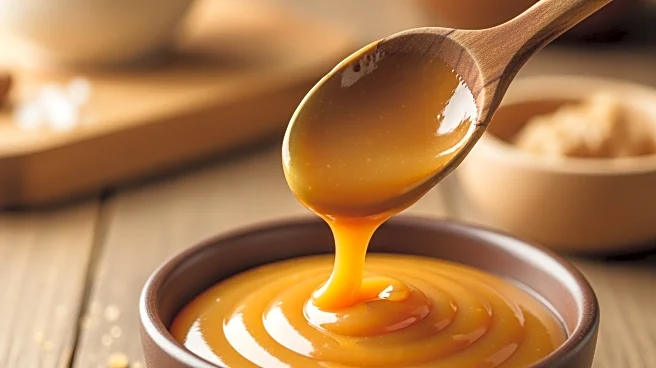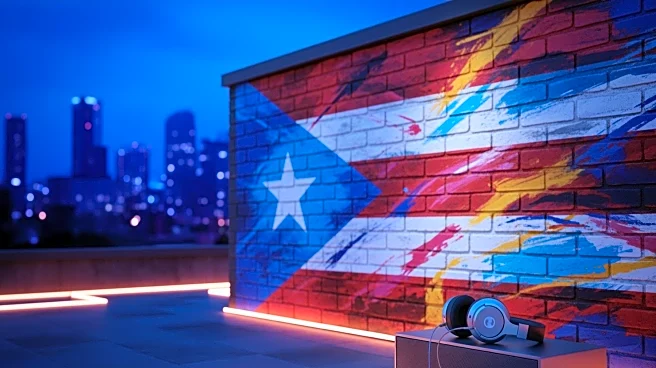For generations, fans were enthralled by the effervescent joy of the famous Harlem Globetrotters. The colors of their uniforms, their vaudevillian-like antics that generate soaring laughter, their sustained
community and global engagement, and, of course, their legendary whistling anthem, which was initially derived from the 1949 song “Sweet Georgia Brown” by Brother Bones and His Shadow, make them an unmistakable cultural gem.
Some of the greatest names in the game got their big break from trotting with the Trotters. Those names include Meadlowlark Lemon, Curly Neal, Marcus Haynes and Wilt Chamberlain.
As a young girl growing up in Wichita, Kansas, Lynette Woodard wanted to be part of the action. However, the Globetrotters didn’t have women represented on the team, but she didn’t let that stop her from one day being able to wear the red, white and blue. It also turns out that the Globetrotters’ legacy ran in the family, as her cousin, Hubert “Geese” Ausbie, served as the honorary “Clown Prince” from 1961 to 1985.
After going through an All-American tenure at the University of Kansas and helping lead the United States to its first Olympic gold medal in women’s basketball at the 1984 LA Games, Woodard got the opportunity of a lifetime.
The following year, she did what she does best: make history. Woodard became the first woman to join the Globetrotters, fulfilling a childhood dream and continuing a family legacy. She came along the same year that Curly Neal was in the midst of his final curtain call.

In the process, Woodard traveled the world and put on the famed exhibitions, garnering an inordinate number of smiles. They were a regular feature on the groundbreaking sports program ABC’s Wide World of Sports, and Woodard would go on to play for the Trotters until 1987.
That year, she would make the transition to play professionally overseas, first in Italy and later in Japan. In the years ahead, Woodard would come back home just in time for the launch of the WNBA in 1997, playing for the Cleveland Rockers and Detroit Shock before retiring from the game in 1998.
It was her time with the Globetrotters that put her on another level. Shortly after she joined, Joyce Walker became the second woman on the roster. Since then, other women have had the opportunity to live out the life of a Globetrotter. The names include Cherelle “Torch” George, Fatima “TNT” Lister, Arysia “Ace” Porter La’Keisha Sutton, Hoops Green, Swish Young and Mia “Mighty” Hopkins. They are a lasting legacy of one of basketball’s most remarkable trailblazers.
In an interview with Swish Appeal, Woodard reflects upon the 40th anniversary of one of her most significant accomplishments.
What does that mean for you to be the first woman to be part of the Harlem Globetrotters?
It’s certainly a crowning moment in my career, not so much so because I accomplished it, but it was a childhood dream, and it was connected to another family member.
As a child, I really didn’t understand what he did. Hubert “Geese” Ausbie, the only original Globetrotter still alive today, inspired and influenced my life without me even realizing it until later. I was just excited that I could see the Harlem Globetrotters and that they would come to Wichita, Kansas, that my family would go, that Geese would take the time to come by the house to have dinner with us, to really make us feel on top of the world. We were there, I mean, our neighborhood lit up when he came, and to have that experience and then to later fall in love with that team and for that to crystallize as a dream for me. You can hear the birds singing. It was magical.
Who were some of your favorite Globetrotters growing up?
Well, my cousin Geese, Curly Neal, Meadowlark Lemon, Bobby Joe Mason. Those are the names that I heard the most that I could say and pronounce and recognize. There was right there.
By any chance, when you were growing up, obviously the family connection speaks for itself, but did you watch the Globetrotters on television, on programs like Wide World of Sports?
Once a year, yes, but mainly on Scooby Doo. That was after school every day. So that was pretty cool. I was always tuned in every time I heard the name of that team or saw that team or had an opportunity to see them play.
So, how did it get to the point where 1985 rolls around and you are given this offer to fulfill this childhood dream? What was that like for you?
Again, women’s basketball, as you know, today is at its all-time high. But back in 1984 and ‘85, we were bursting onto the scene for the first time in a glorious way, I guess, with the Olympics being in the United States. We also won the gold medal then.
So women’s basketball was starting that climb to the apex. And with the Globetrotters being the innovative organization that they are, and…their home base was there in Los Angeles at the time, they were at those games. And someone in the organization said, “Hey, we’ve got to have a female.” And then that became their theme and their concept. And that’s what they did.
So to be at the right time, at the right place, for them to have that on their mind to really make it happen. I can only attribute it to, you know, that’s God’s hand. But for me, I always dreamed it. I knew I was going to do it. I had all of the tricks and the magic that my eye could catch from watching Scooby-Doo, or watching my cousin come through town, or anyone that I saw who could do a magic trick with the basketball. I stopped and I asked them to teach me and I learned it. And so I had a routine and my routine was going to carry me long after I finished playing the game. I didn’t know when that was going to be because it was never a start for us. It was always never going to be. And then it happened. But I always wanted to be able to pick up the basketball and that you knew that I played it and I played it well by doing all the magical tricks that I could do, you know, just as a player.
How did the other Globetrotters treat you?
I thought they treated me very well. I thought in the beginning they were uncertain. I mean, for the guys, I’m sure I can give you a couple of names you could talk to and really get their point of view. But from what I was told, they weren’t so sure about women’s basketball. I mean, they were seeing it for the first time. Maybe if they had a sister that played, they saw women play. Certainly, I don’t know how many watched the Olympics, but they did know one thing, that they were always doing something different. So I think that’s where the first acceptance came from.
But when we went to training camp and we joined the full team, they got a glimpse of women’s basketball like they never saw. Women had improved. We were able to play the game. We were able to understand the game and and plus their fundamental principle is: If you know the fundamentals of the game, and you know them well, then we can teach you the rest. So I don’t think they had any fear about what could be learned once they saw that we were, you know, fundamentally sound.
Who were those guys?
I think the showman at the time was the sweetest one of them all. Sweet Lou Dunbar. Jimmy Blacklock, Ovi Dotson, Clyde “The Glide” Austin, who just recently passed away, Osborne Lockhart and Harold “Bobo” Hubbard. I mean, just great guys, and they were open to the idea. And once they got to meet all of the players that were trying out, I think it started to sink in that, “Hey, this could happen.” And obviously, the Globetrotters, you know, travel extensively and put on so many exhibitions.
What were some of your favorite travels or memories with the Globetrotters?
That was all magical. You know, this is, first of all, a dream come true. But what I dreamed was I could travel around the world and play the game that I love the most. I mean, how could that happen? It’s 40 years later. It seems like only yesterday. But it still just boggles my mind how it all came about, and that I was the one who was chosen, and I got to do this thing that was so far-fetched to everybody on the planet except myself, and in the end, the organization. But I think I had the vision long before they did. I don’t know. I would have to talk to them to find out for sure. But it rang in my heart forever.
And then when the opportunity came, I mean, to the point where my cousin, you know, he would call me and we talk about different things. But I mean, I know what he thought, because once I became a Globetrotter, every kid I met wanted to be a coach and the thousands of letters that I got, you know, expressing that. And so I was probably just another letter and just another voice in the wilderness, saying, “Hey, I want to do this. This is fun.”
Obviously, you joined the Globetrotters a decade or more after Title IX came into effect. Had it not been for Title IX, do you think you would have had that opportunity to play for the Globetrotters?
I think it’s certainly a piece of the puzzle. You never know which snowflake really causes the avalanche. But I’m grateful for Title IX. I say they have a big hand in it, because had it not been for Title IX I probably would have never got a scholarship to go to the University of Kansas and never got a chance to play all over the United States, competing with other colleges, developing my skill and developing a name not only for the school, but for myself.
So Title IX was the domino effect.
Oh, yeah, definitely.
You mentioned how playing for the Globetrotters was a childhood dream come true, what would you say to those who have a dream that they want to attain, even if others are saying that it’ll never happen or it’s beyond your reach? What would you tell those who have who have a dream just like you had?
Go for it, because when you’re dreaming and you’re speaking it, there’s something that’s happening inside of you. It’s something that’s really resonating deeply in your heart. And you have a knowing, you have a feeling that you can’t really let go. It’s like love, you know, you just fall in love. You just, “Oh, my God, this is the greatest feeling.” And regardless of what anybody says, I mean, every once in a while it might hurt your feeling because there may be that one person that you really want to believe in you. But hey, all you need is yourself. And you’ve got to hold on to it regardless.
That’s the beauty of the dream. You just got to dream it. You don’t know how or when. You don’t get any of those details. Your job is to keep the faith and to do the necessary things that you can do that are in your path. And just think on it at times. Let it propel you forward. And if you do, hey, you never know what can happen. History was made.
